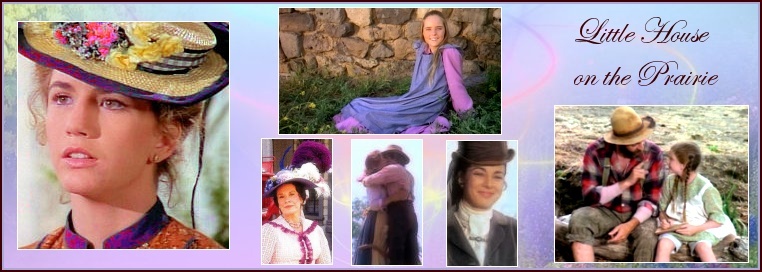
She was the second of four girls (older sister Alice Borchardt also became a novelist known for her Legends of the Wolves trilogy, and sister Tamara Tinker became a poet). Rice’s dad was a World War II Navy veteran who worked for the Postal Service; her mom died as a result of alcoholism when Rice was still a teenager.
“My mother believed we could accomplish great things,” she told Alice Cooper in a 2016 interview in Billboard. “She told us stories of the Brontës and how they’d written under male names in order to be accepted by the literati; she filled my head with tales of Dickens and all he achieved in terms of social justice through his novels. My mother totally believed in me, and though she died when I was 14, I took her confidence and faith in me to heart and have all of my life.”
Rice’s father remarried in 1957 and moved the family to a suburb of Dallas, where Rice graduated from Richardson High School. She attended Texas Woman’s University for a year and then North Texas State College before dropping out and moving to San Francisco, where she worked as an insurance claims adjuster.
From California, she reconnected with high school sweetheart Stan Rice, who proposed to her by letter. They married in 1961 and settled in San Francisco’s Haight-Ashbury district. After several false starts, she completed her bachelor’s degree in political science in 1964, then earned a master’s in creative writing from San Francisco State.
The couple had a daughter, Michele, in 1966, but she was diagnosed with leukemia and died at age 5. In the painful aftermath, Rice spent much of her time drinking and writing and was diagnosed with obsessive-compulsive personality disorder.
Michele’s passing “had a devastating effect,” she told Playboy in 1993. “There’s a period after a death like that when you don’t think the lights will ever go back on. I remember even in the immediate weeks after her death it was hard for me to swallow food.”
It was then that she turned a short story she’d written into the novel Interview With the Vampire. “I was just a drunk, hysterical person with no job, no identity, no nothing,” she said. “There was a two-year period after her death when I just drank a lot and wrote a lot, like crazy. Then I sort of came out of it and wrote Interview With the Vampire. My husband had told me, ‘I really believe in your writing.’ … I’ve always felt that was one of the greatest things he ever did for me, other than being his wonderful self.”
